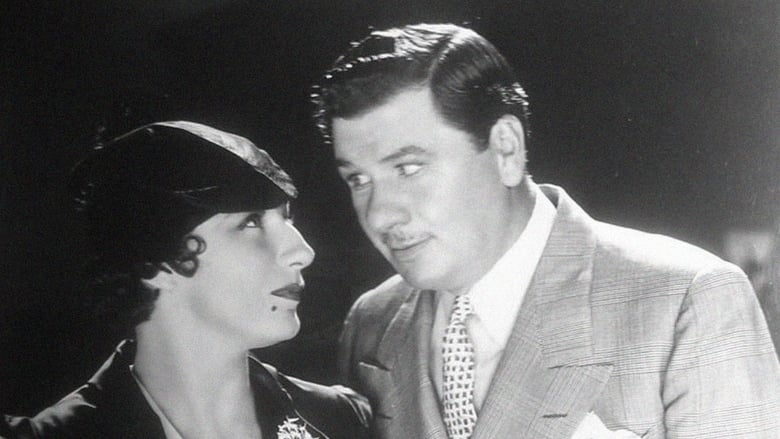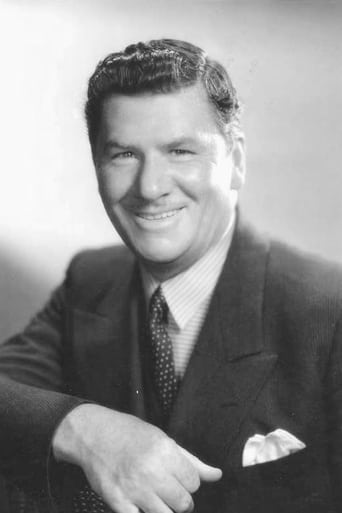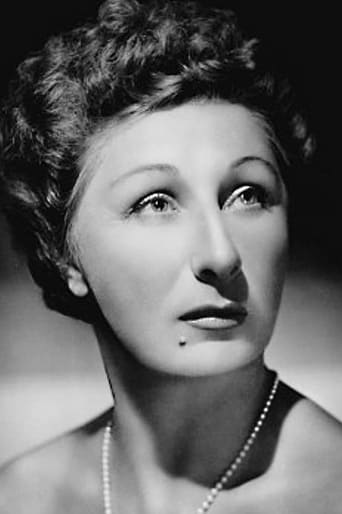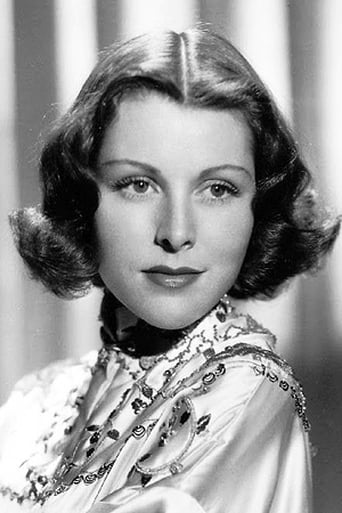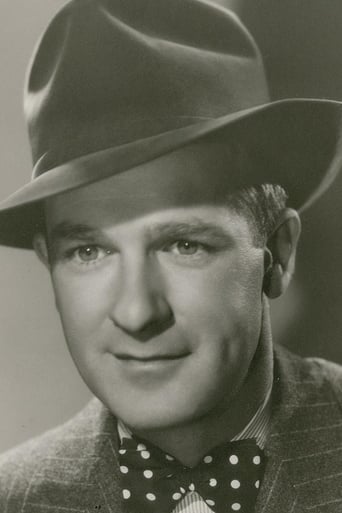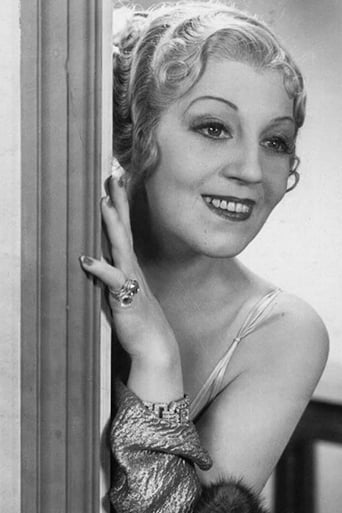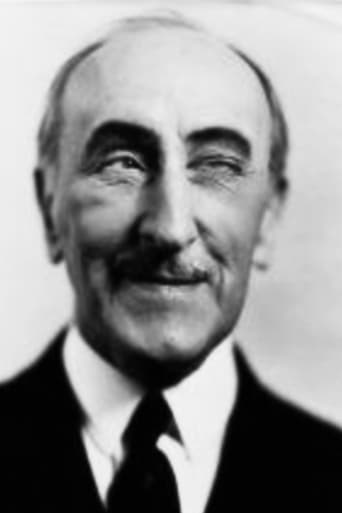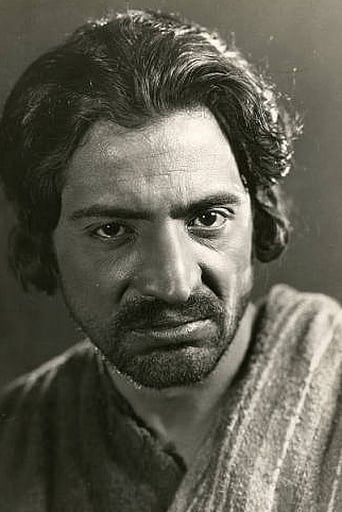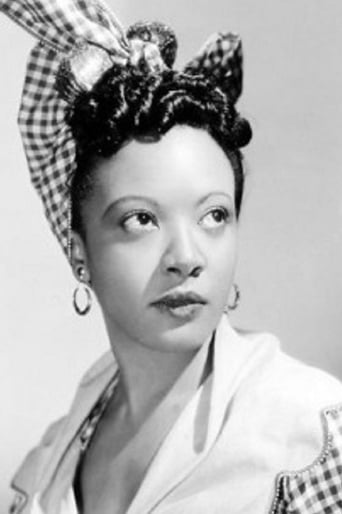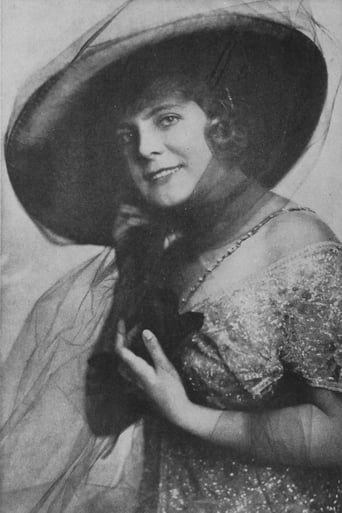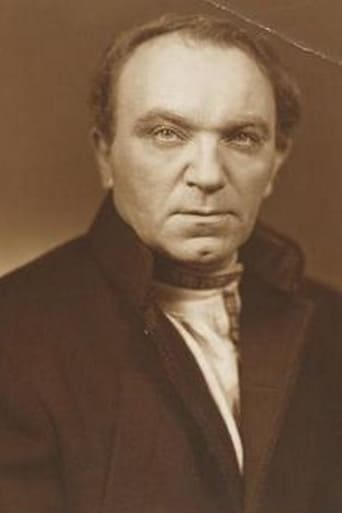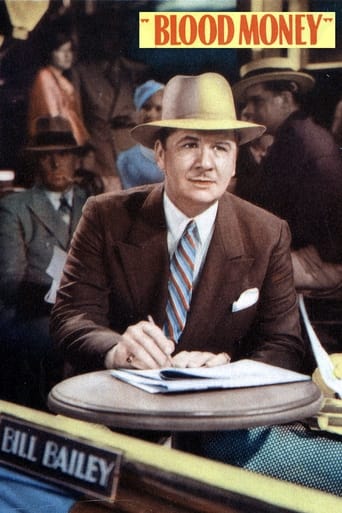
The title refers to the business of affable, ambitious bail bondsman (and politically-connected grifter) Bill Bailey, who, in the course of his work, crosses paths with every kind of offender there is, from first-time defendants to career criminals.
Similar titles
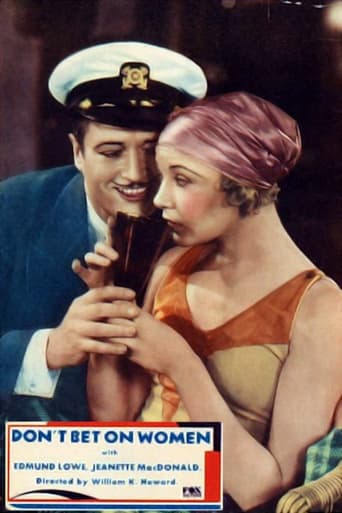
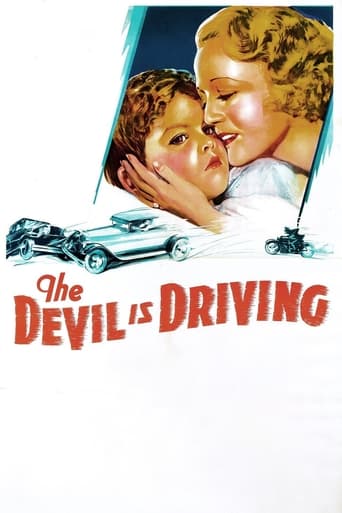
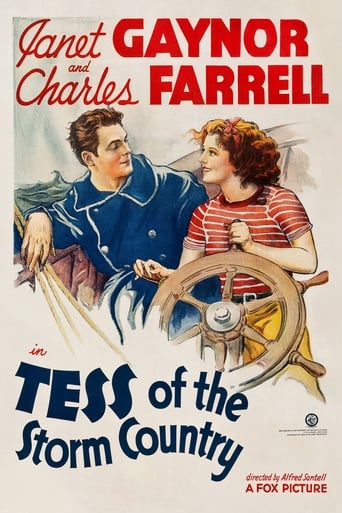
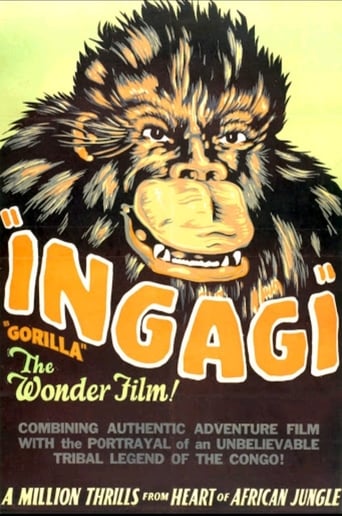
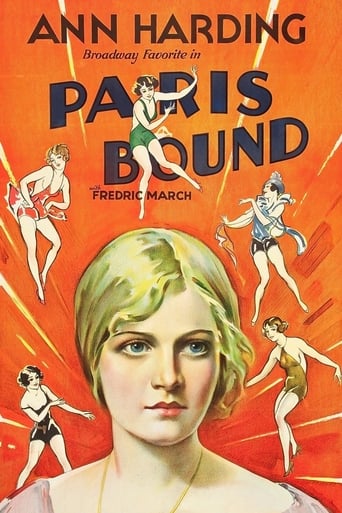

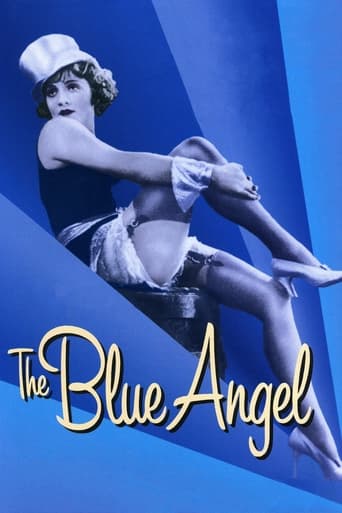
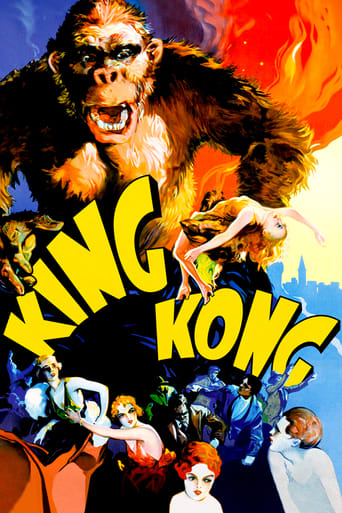


Reviews
Highly Overrated But Still Good
Your blood may run cold, but you now find yourself pinioned to the story.
A lot of perfectly good film show their cards early, establish a unique premise and let the audience explore a topic at a leisurely pace, without much in terms of surprise. this film is not one of those films.
A movie that not only functions as a solid scarefest but a razor-sharp satire.
Plot. Bill Bailey is a Los Angeles bail bondsman who lives in a world of complete, casual corruption, where all he has to do is pick up the phone to get the charges against a client dismissed. He falls in love with slumming socialite who bluntly and startlingly declares her sexual preferences with this immortal line: "If I could find a man who would be my master and give me a good thrashing, I'd follow him around like a dog on a leash."Bizzaro pre-code movie that rambles along with scene after scene and virtually no real cohesive plot. It's rather boring
"Blood Money" is a fascinating precode - what else can you say about a film that has Judith Anderson in a glamor role? And an ingénue who longs for S&M to boot.This 1933 film concerns a bail bondsman named Bill Bailey (George Bancroft) who's been helping out the mob for years. He falls for a pretty shoplifter named Elaine (Frances Dee) - she's actually slumming, as she's from a wealthy family. This leaves Bailey's girlfriend, club owner Ruby (Anderson) in the lurch. She's the woman responsible for his success, helping him out when he was thrown off of the police force. However, Elaine (who would follow any man who thrashed her around like a dog, says she) steals some bonds instead of delivering them to the appropriate place, thereby setting up Bailey as a mob target and getting his brother-in-law in deep trouble with the law. Ruby believes he's responsible for her brother's problems, and has a hit put out on him.The acting is over the top, the dialogue is rough and filled with sexual innuendos, the atmosphere is sleazy - it's pre-code all right. I read a transcript of an interview with Joel McCrea (intended to be for a biography that wasn't written) and he kept referring to "Mother" - I finally realized that he didn't call his wife, Frances Dee, "mother" - he was referring to her that way while talking to one of his sons, who was conducting the interview. As the promiscuous, dying to be hit ingénue, she wasn't very motherly in this.This is a no-miss if only to see Judith Anderson in a gown and jewels hanging out with mobsters and Frances Dee as something other than a pretty goody-two-shoes.
What a wacky little gem from cult filmmaker Rowland Brown. He got this one in just under the wire. The next year 1934 would see an all-out effort to "clean up the movies", and for the next 30 years audiences would get twin beds, closed-mouth kissing, and no hint of a human vagary that couldn't be shoe-horned into Jack Webb- style law and order or Rock meets Doris type romance. None of that predictable conventionality here. Instead, it's an unapologetic look at a layer of urban life soon to be shoved back into the Legion of Decency's dark closet. Macho bail bondsman George Bancroft works the shady side of the law, dabbling at times in stolen property. Nothing too unusual there. But watch him caress thief Chick Chandler's shoulder even after the latter has moved in on Bancroft's girl, or laugh uproariously at a "sissy" remark thrown his way. He may end up with the bordello madam, but it looks like the law is not the only both-sides-of-the-street he works.Then there's sweet-faced ingénue Frances Dee as the rich girl on-the-make. But it's not Cary Grant or Ralph Bellamy she's hankering for. It's the load of masochistic pain that makes her eyes go all shiny and her voice all quavery. The problem is she can't decide whether it's the brawny thrills of a masterful man or the hip-swiveling charms of a hula girl that attracts her more. There's also the erotic sideline of lifting meaningless articles from downtown stores that sort of fills the day-to-day gaps, to say nothing of a sense of loyalty that sort of comes and goes. She may look like one of those madcap heiresses of the thirties, but the reality is far more Freudian and provocative.And what other movie would dare make a sympathetic sex object out of that hawk-nosed paradigm of female villainy Judith Anderson. Apparently, it was her first film before the gargoyle type-casting that would later take hold. Meanwhile, the slinky gowns and plunging neck-lines are surprisingly effective, even if the facial profile is not exactly that of the classic Hollywood beauty. It's a measure of Brown's humanity, I take it, that her character as a bordello madam comes across as the movie's most sympathetic.Mix these characters into what amounts to an urban inferno and you get a genuine piece of Hollywood exotica, to say nothing of the monocled cross-dresser who dates Chick Chandler's nervy thief, the same guy who hires on not one professional girl for the evening, but two (one of which is an early Lucille Ball). Note too, how easily the shady Bancroft mixes in with the respectable types. First it's an insurance executive, then a shipping magnate, and most conveniently, the city DA, as overworld and underworld blend into a single shape-shifting shade of gray. It's that margin of ambiguity, not only between the sexes, but between the social classes and the law that lies, I believe, at the movie's core. The fluid nature of things is made more apparent by the fact that Brown remains non-judgmental throughout. His characters simply are as they are. Dee is made no less deserving of happiness than anyone else. And in one of the strangest of all Hollywood endings, where Bancroft and Anderson at last find true love, Dee goes gleefully off to another expected masochistic romp, unpunished. Love and lust both triumph here, with no moral distinction drawn at fade-out. And when Bancroft is made to remark that liberals acknowledge human vice and try to control it, whereas conservatives simply turn their backs on its existence, that sounds like Brown speaking. Certainly, he was no conservative in that respect. Hollywood, however, would unfortunately turn their backs on selected reality for the next thirty years, as Brown's all-too-brief career underscores. Too bad. For as the movie shows in its own unorthodox way, his loss was our loss too.
Blood Money (1933) ** (out of 4) Early Pre-Code from Fox has George Bancroft playing a dirty bail bondsman who gets caught up with a rich girl (Frances Dee) who can't seem to stay out of trouble. I had read several good reviews of this film, which compared it to the fast Pre-Codes of Warner but I found this 65-minute drama pretty boring from start to finish. Bancroft gives his best Cagney impersonation but doesn't add anything to the character. He's neither cool, stylish or tough. The most interesting aspect is seeing Dee play a bad girl, which I guess we'd compare to Paris Hilton today. Dee usually played the good girl so it's nice seeing her doing something different. The film has some pretty rough dialogue, which includes two different times where Bancroft is called homosexual terms including a "fag". The ending also rips off Keaton's Sherlock Jr. with an explosive cue ball, which is just downright stupid here.
Top Streaming Movies











